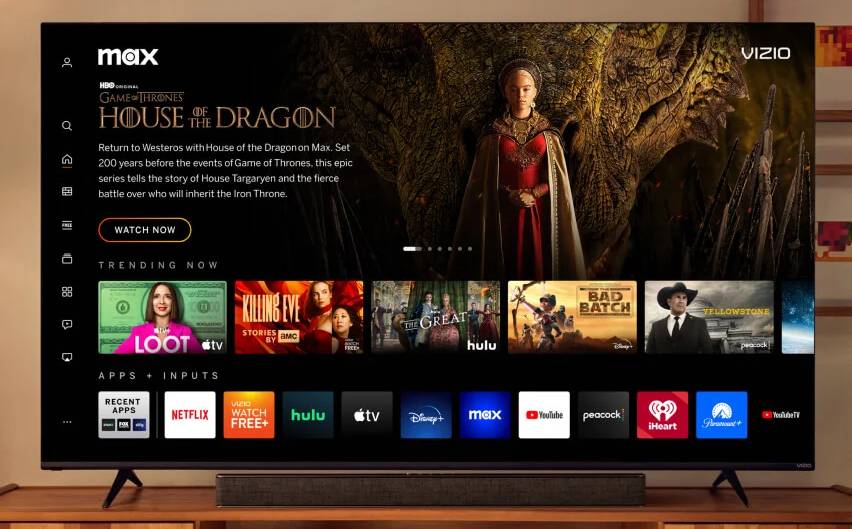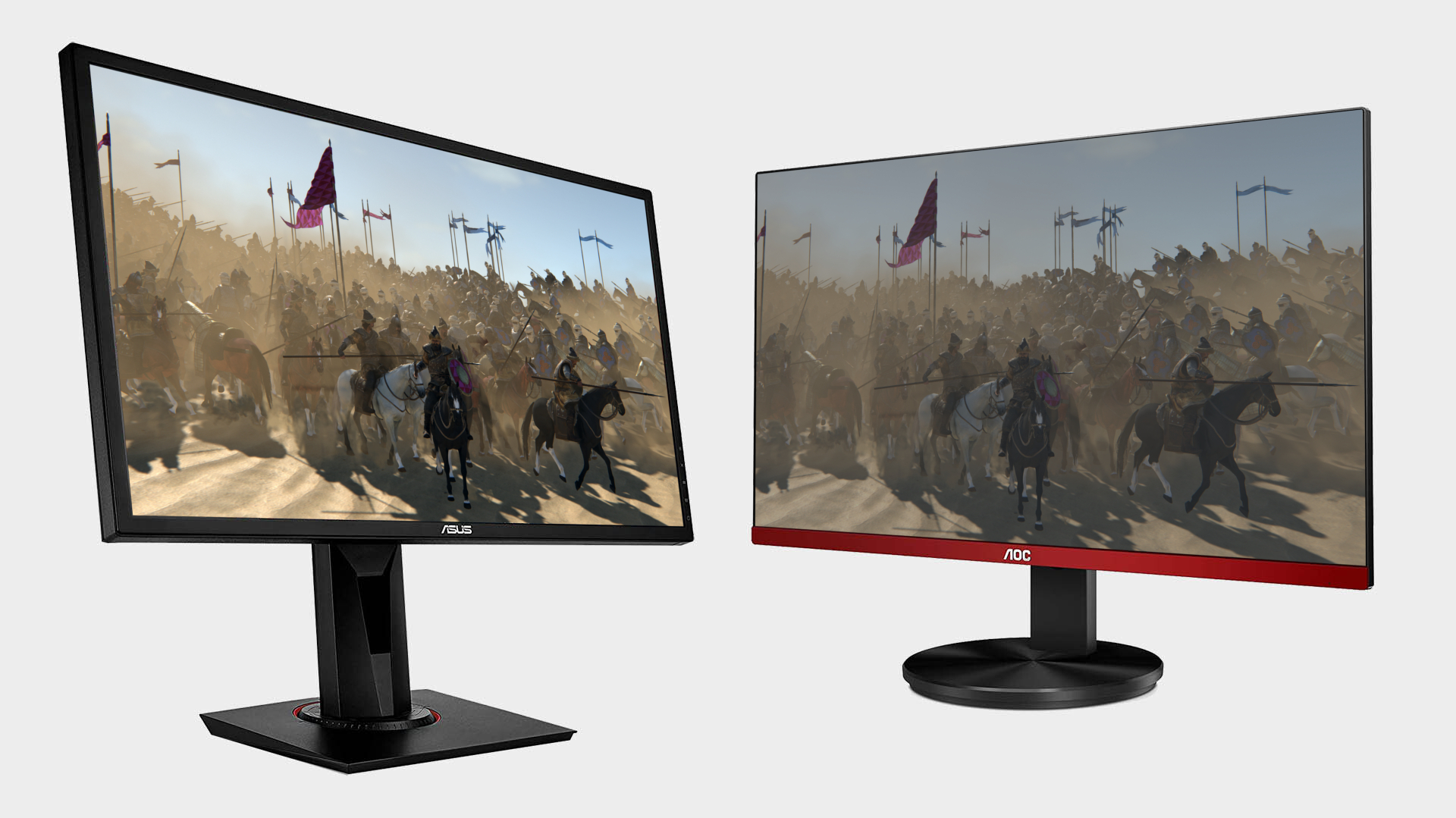TV maker settles fake 120Hz class action lawsuit for $3 million
Turns out Vizio's "effective" refresh rates were not so effective after all.

Vizio has agreed to pay out $3 million to settle a 2018 California class action lawsuit that accused the company of misleading consumers over the refresh rates of its TVs. Vizio had been claiming that black frame insertion technology increased the "effective refresh rate" of its TVs from 60Hz to 120Hz.
It also applied the same language and thinking to 120Hz panels, boosting the "effective" refresh rate of those sets to 240Hz. The settlement terms (via The Verge) allow anyone who bought a Vizio TV in California after April 30 2014 to claim, receiving between $17 and $50 depending on the number of claimants.
Vizio, of course, explicitly denies any wrongdoing, the implication being that it sees the settlement as expedient rather truly justified. That said, as part of the settlement Vizio will stop advertising their TVs with "effective" refresh rates.
Given the relatively lowly payout, the main benefit here appears to be less nonsense in TV advertising. Hopefully, this settlement will not only ensure that Vizio cleans its act up but also discourage other TV makers from engaging in comparable tactics.
Speaking of which, Vizio is not alone in fluffing up the advertised refresh rates of its TVs. Both LG and TCL have reportedly also faced similar class action suits involving technologies claimed to deliver a higher refresh rate experience without actually running at a higher refresh rate.
It's arguably all particularly silly given the lowly refresh rate of actual video content, which is what TVs are most commonly used for, as opposed to games. There's scarcely any 60Hz video out there save for a little YouTube content, let alone 120Hz or 240Hz. Heck, the HFR or "high frame rate" version of The Hobbit only hit 48Hz (and looked pretty awful for it to these eyes).

Best OLED gaming monitor: So much contrast
Best gaming monitor: Pixel-perfect panels for your PC
Best high refresh rate monitor: Screaming quick screens
Best 4K monitor for gaming: When only high-res will do
Best 4K TV for gaming: Big-screen 4K PC gaming
In the end, the benefits of technologies like black frame insertion, backlight scanning and frame interpolation will remain somewhat debatable. The same applies on the PC, with Nvidia's Frame Generation tech falling into this broad category and proving controversial, especially when Nvidia's marketing implies that frame rates enabled by Frame Generation are equivalent to those delivered by conventional rendering techniques.
Keep up to date with the most important stories and the best deals, as picked by the PC Gamer team.
But the fundamental refresh rate of a screen is a specification that's better quoted directly and unsullied by any purported "enhancements". Screen tech is complicated enough without having to worry whether the claimed refresh rate is a native spec or "effective."
Oh and for the record, if you did buy a Vizio TV during the qualifying period, you have until March 30 to put your claim in. Though if the payout ends up nearer the bottom end of the possible scale, that $17 might not feel like much compensation for being miss-sold a TV.

Jeremy has been writing about technology and PCs since the 90nm Netburst era (Google it!) and enjoys nothing more than a serious dissertation on the finer points of monitor input lag and overshoot followed by a forensic examination of advanced lithography. Or maybe he just likes machines that go “ping!” He also has a thing for tennis and cars.

